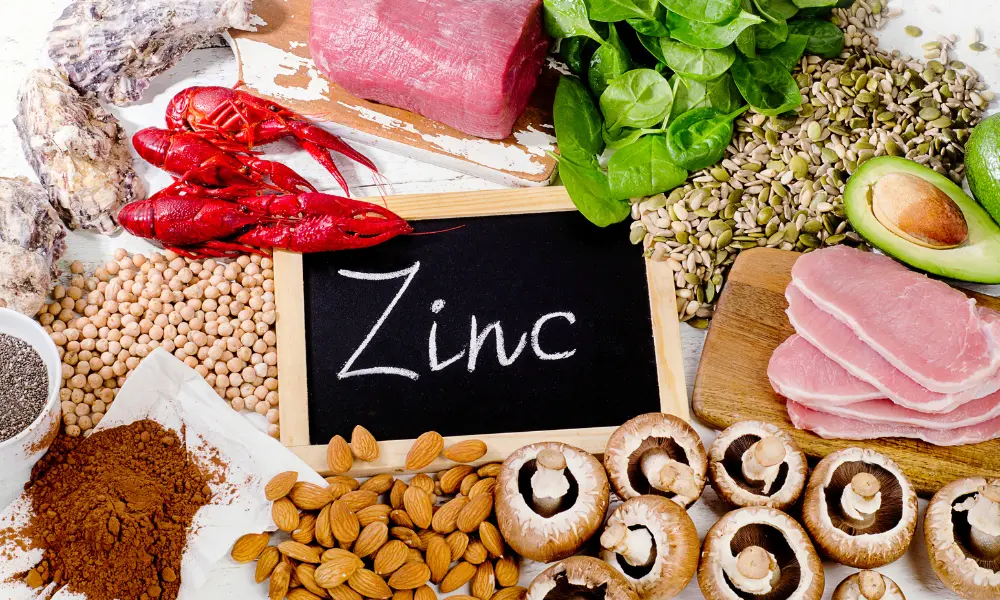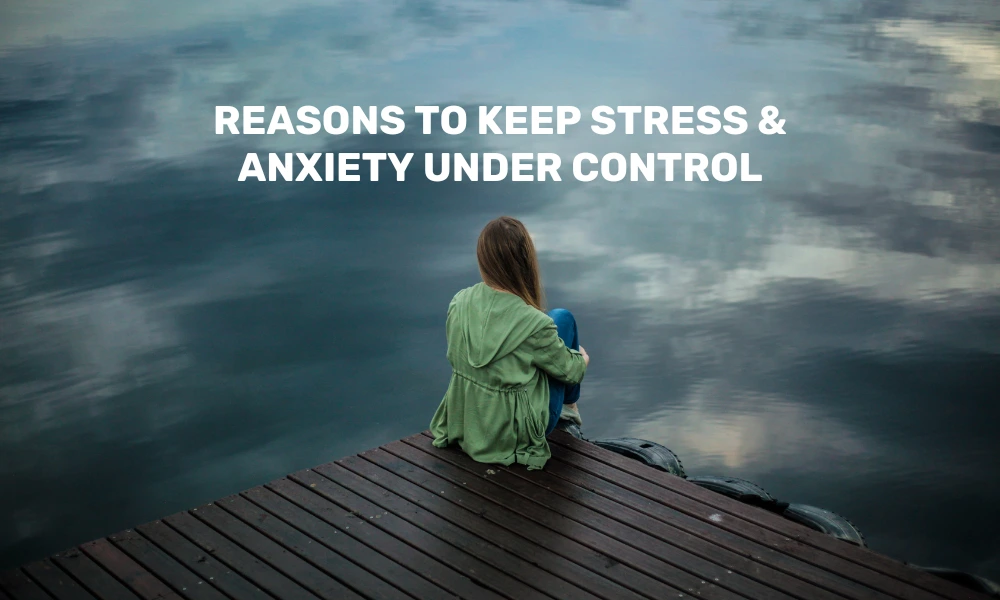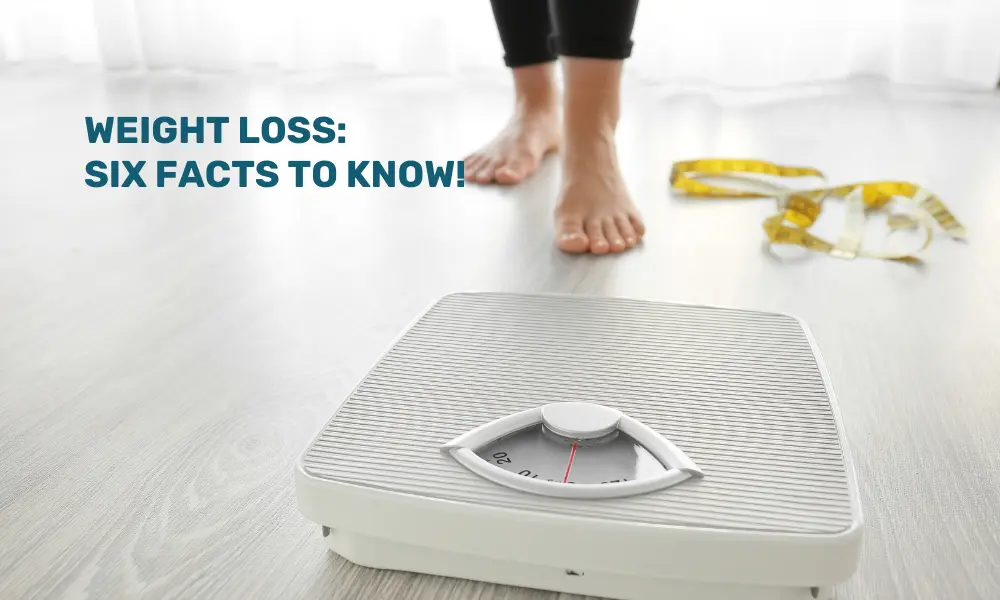Many people emphasize vitamins such as B12, D, or C, but often overlook some of the less commonly discussed yet extremely important minerals, like zinc. While zinc doesn’t always take center stage, it is a mighty, behind-the-scenes player in nearly every function of the body. Immunity, wound healing, healthy skin, and hormonal balance, zinc is the multitasker. Our in-house expert, Dt. Aparna Pandey, MSC-Nutrition and Dietetics, shares how much zinc we need and good sources of zinc.
How Much Zinc Do You Need?
Recommended daily allowance (RDA) of zinc is:
-
11 mg/day for adult men
-
8 mg/day for adult women
-
In pregnancy and lactation: 11–12 mg/day
But our body does not store zinc, so we must have a steady daily supply through diet or supplements if necessary. Let us begin with why you should be paying attention to zinc and how to make sure you get enough of it.
1. Zinc and Immune Function
Among the most thoroughly documented advantages of zinc is its effect on immunity. Zinc is crucial for our immune cells to function properly. It aids in the development and activation of T-cells, which is our body’s front-line soldiers that fight infections. Hence, individuals lacking zinc tend to get frequent colds, flu, or delayed wound healing. Indeed, during the COVID-19 pandemic, zinc supplements gained popularity because of their ability to enhance immune resilience.
2. Growth, Fertility, and Hormonal Balance
Zinc is important for cell growth and division, making it particularly crucial during periods of rapid development, such as childhood, adolescence, and pregnancy. In men, zinc helps in testosterone synthesis and sperm health. In women, zinc assists with keeping hormone levels in check and maintaining reproductive health. A zinc deficiency may occasionally manifest as irregular periods, delayed sexual maturation, or infertility issues.
3. Mental Wellbeing
Zinc also plays a part in maintaining brain health. It’s part of neurotransmitter function and neurogenesis, the development of new brain cells. Research has demonstrated that deficiency in zinc is associated with increased anxiety, depression, and even decreased memory. Although it’s not a treatment in itself for mental illness, maintaining adequate levels of zinc can definitely enhance emotional stability and mental function.
4. Zinc and Taste Perception
Interestingly, one of the earliest signs of zinc deficiency is altered taste or smell. Many patients I’ve worked with have reported that their food “just doesn’t taste the same” or that they’ve lost interest in eating. Zinc is a cofactor for enzymes involved in taste and smell perception. So, if you’ve noticed any sudden changes in how food tastes, it might be time to check your zinc levels.
5. Skin Health and Wound Healing
Zinc plays a direct role in the inflammatory response, collagen synthesis, and tissue repair, and is therefore crucial for wound healing. It is also frequently employed in topical therapies for diaper rash, acne, and skin irritations. Individuals low in zinc often experience more skin breakouts, delayed healing of burns or cuts, or repeated skin infections. If your skin is not healing as quickly as it should, or you experience frequent breakouts, zinc may be one of the missing links.
Best Food Sources of Zinc
Zinc occurs in a wide range of both animal and plant foods. Some of the richest sources of zinc are:
-
Oysters (richest), red meat, poultry, eggs, and milk
-
Pumpkin seeds, sesame seeds, chickpeas, lentils, cashews, quinoa, and fortified cereals
Animal-derived zinc is more bioavailable than plant-derived zinc. Vegetarians or vegans, therefore, might have to add more foods containing zinc or take a supplement if recommended.
In a Nutshell:
Zinc may be a trace mineral, but its impact on health is critical. Whether it is boosting your immune system, helping your skin glow, supporting fertility, or sharpening your memory, zinc quietly supports your wellbeing every single day. If you are constantly falling sick, feeling low, or seeing slow wound healing, zinc might be a missing link worth exploring.
As with everything, seek the advice of a health practitioner before taking any supplement, and attempt to fulfil your needs through well-balanced, nutrient-rich foods. For more such expert tips – CLICK HERE!
Disclaimer: This article is meant for informational purposes only and must not be considered a substitute for professional advice.





